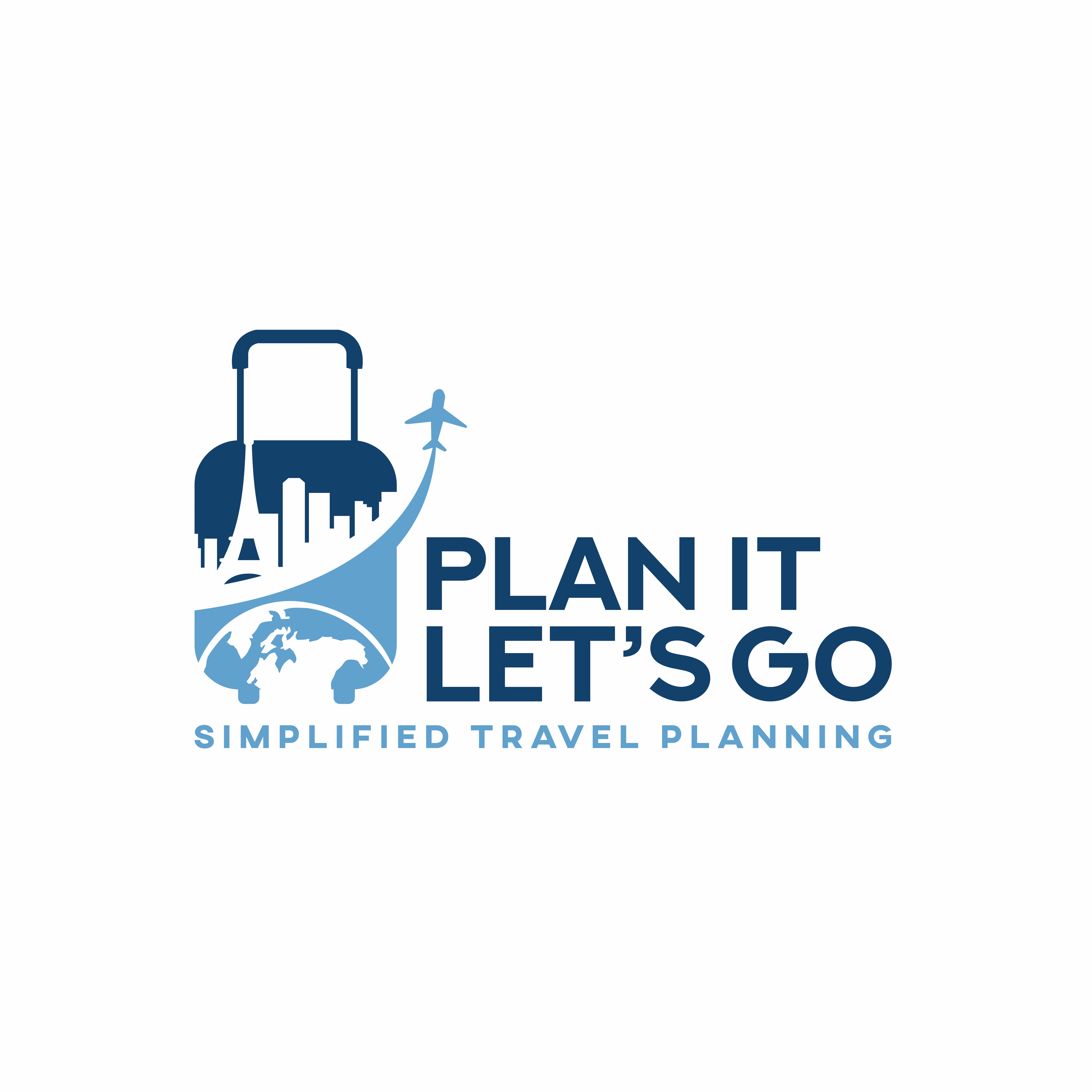Delta Air Lines President Glen Hauenstein spoke at the Morgan Stanley 12th Annual Laguna Conference and shared that they are going to add premium seats to planes.
[T]he biggest money-losing cabin [used] to be the premium cabins. And after years of reengineering and years of changing policies and moving distribution, improving distribution, now those are the most profitable cabins on the airplane. And we always said that our first line of defense was to maximize pricing, maximize — but then we always say at the end, we could always change the LOPA if demand exceeds supply.
Delta’s plan should be announced at their November Investor Day. We know that this will include unbundling premium cabin fares, a.k.a. “basic business” or Delta (Less Than) One. Adding seats and introduce basic business are linked.
British Airways charges for advance seat assignments in business class, unless you have status or are on a full fare ticket.
Emirates started selling ‘basic business class’ fares in 2020. Qatar Airways followed, restricting access to lounges and to advance seat selection on the cheapest business class tickets.
Finnair’s 2021 entry into this space was absolutely brutal: pay to check bags; pay for seat assignments; lounge access not included; no business class check-in, priority boarding, or premium security; no changes or cancellations.
Under the Finnair model, you might buy a business class ticket from Europe to Asia in business class, have to check in with economy passengers, get turned away at the lounge and pay for checked bags. Delta thinks that doing this will allow them to:
Charge current premium customers more via a la carte pricingAdd seats to their cabins, and fill excess seats with basic business passengers
Currently Delta will sell business class upgrades to coach passengers for as little as $299 if they think seats will go out empty. But they don’t want to cannibalize premium fare paying customers who might choose to buy a ticket, wait for a cheap upgrade offer, and if it doesn’t come then rebook into the higher-priced fare. So they want these to be different products.
While the concept of Basic Business – the need to segregate high fare passengers from low fare ones in order to discount available seats without cannibalizing revenue (allowing people who would pay more to get their tickets for less) – is an intriguing one, no one has come up with a way yet to make it really work.
Furthermore, much of the benefit of unbundling domestic economy is driven by the tax code. U.S. airlines save the 7.5% federal excise tax on airfare when part of the ticket cost is moved out of the fare and into fees. But that benefit doesn’t apply to international, and there aren’t as many premium passengers so it doesn’t scale as well domestically.
Delta has been on a decade-long quest to monetize first class. They used to upgrade passengers into 90% of first class seats. They thought they could eliminate first class upgrades altogether by 2018. CEO Ed Bastian has said that upgrading passengers into premium seats is stupid.
Eliminating first class domestic upgrades didn’t quite happen, but it’s also the reason they started treating extra legroom coach seating as an ‘upgrade’ so they could trick customers into thinking that was the same thing (they also moved top elite confirmed upgrades to premium economy versus business class).
Premium seats, of course, now include those extra legroom Comfort+ seats that they sell. So aircraft reconfiguration can include both the addition of first class and Comfort+, as well as premium economy on their international fleet. Delta sees itself as a premium airlines, for premium customers, who should pay them more money. Whether or not this market niche and opportunity continues to grow will be worth watching. Investor Day will be interesting.



![Lisbon in Winter: The Ultimate Lisbon Winter Guide [2024]](https://i0.wp.com/blog.planitletsgo.com/wp-content/uploads/2024/11/Lisbon-in-Winter-yn3Xsc.jpeg?resize=870%2C570&ssl=1)




